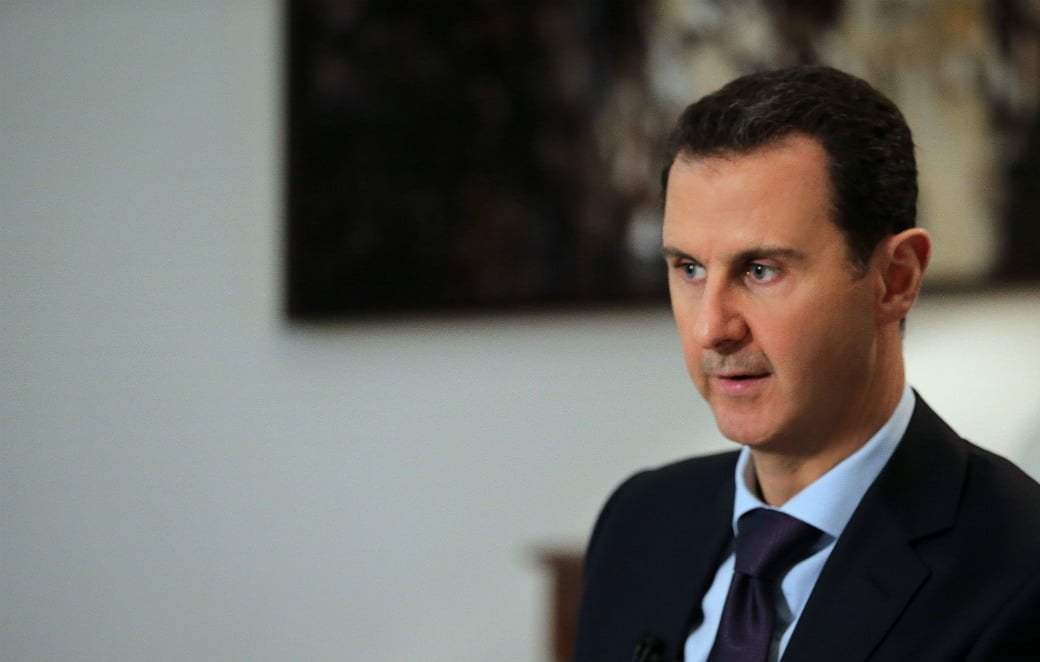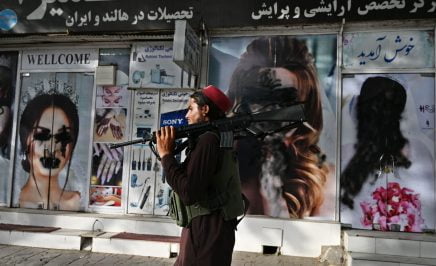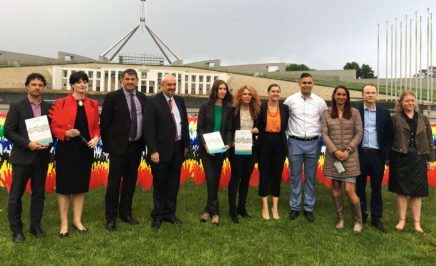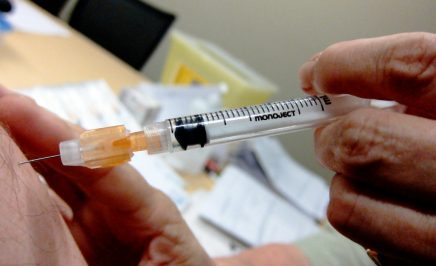As war crimes and crimes against humanity continue to go unpunished in Syria, an Amnesty International campaign marking the sixth anniversary of the crisis calls on world leaders to take immediate action to deliver justice, truth and reparation to the millions of victims of the conflict.
The Justice for Syria campaign calls on governments to end impunity and make accountability a reality for the Syrian people by supporting and funding the investigative mechanism on Syria voted for by the UN General Assembly in December 2016 and by enforcing universal jurisdiction to investigate and prosecute, in their own courts, suspected perpetrators of war crimes and crimes against humanity in Syria.
“Six harrowing years on, there is no excuse for allowing the horrific crimes under international law that are being committed in Syria to go unpunished,” said Samah Hadid, Director of Campaigns at Amnesty International’s Beirut Regional Office.
“Governments already have the legal tools at their disposal to end the impunity that has allowed hundreds of thousands of Syrians to be killed and millions more displaced. It is time to put those tools into action.”
“Six harrowing years on, there is no excuse for allowing the horrific crimes under international law that are being committed in Syria to go unpunished.”
Samah Hadid, Director of Campaigns at Amnesty International’s Beirut Regional Office
All states are permitted to exercise universal jurisdiction over crimes under international law, like war crimes or crimes against humanity. In other words, universal jurisdiction provides for the ability to investigate and prosecute individuals suspected of responsibility for war crimes and crimes against humanity, torture, genocide, and enforced disappearances in Syria, regardless of where the crime was committed or the nationality of the suspect or victim.
Today, more than 147 countries have provided for universal jurisdiction over one or more crimes under international law. Currently, European countries including France, Germany, the Netherlands, Norway, Sweden and Switzerland are in the process of investigating crimes committed in Syria.
The resolution adopted by the UN General Assembly in December 2016 has also given the people of Syria a glimmer of hope that justice is possible. It called for the establishment of an independent international mechanism to assist in the investigation and prosecution of the most serious crimes under international law committed in Syria since March 2011.
The resolution sent a powerful signal by bypassing a deadlocked UN Security Council, which has proven incapable of ending impunity for crimes under international law or human rights violations in Syria. The mechanism now awaits necessary funds from UN member states to be secured before becoming operational.
“By adopting this resolution, the international community has sent a message of hope to the people of Syria: a promise that the world has not left them behind, that those responsible for their suffering will not go unpunished,” said Samah Hadid
“It is now imperative for governments that voted for this mechanism to take the necessary steps to secure the funding and co-operation needed to allow this mechanism to deliver justice for victims of the conflict in Syria.”
Background
According to the UN special envoy to Syria, the death toll since the beginning of the crisis has surpassed 400,000 – meaning at least one in every 100 Syrians has been killed as a result of the conflict.
More than 20% of the Syrian population live as refugees outside their country, while half the population living inside of Syria is in need of humanitarian assistance.
Crimes against humanity and war crimes committed by all parties to the conflict in Syria have been widely documented by Amnesty International and other human rights organizations, as well as UN agencies, since the beginning of the crisis.
These crimes include extrajudicial executions, torture and cruel treatment, and deliberate attacks on civilians, homes, medical facilities and civilian infrastructure, as well as indiscriminate and disproportionate attacks, enforced disappearances, extermination, and hostage taking.





